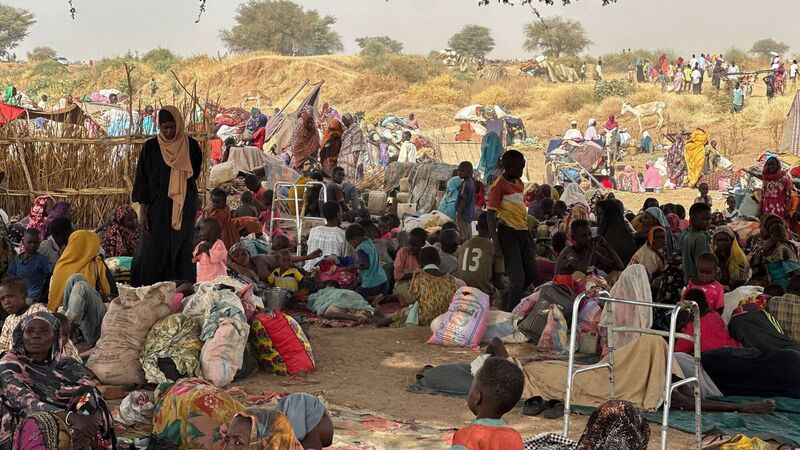Letters to the Editor: Millions face starvation in Sudan

People who fled the Zamzam refugee camp after was attacked by paramilitaries. Estimates suggest as many as 150,000 people have been killed, 14m people displaced, and 21m people face high levels of acute food insecurity, with growing numbers on the brink of starvation. File picture: AFP/Getty
In Darfur last year, I woke up every morning to security alerts on my phone telling me where the latest fighting was taking place — a daily reminder of the risks faced by the Concern Sudan team in its relentless drive to support communities caught up in conflict.








